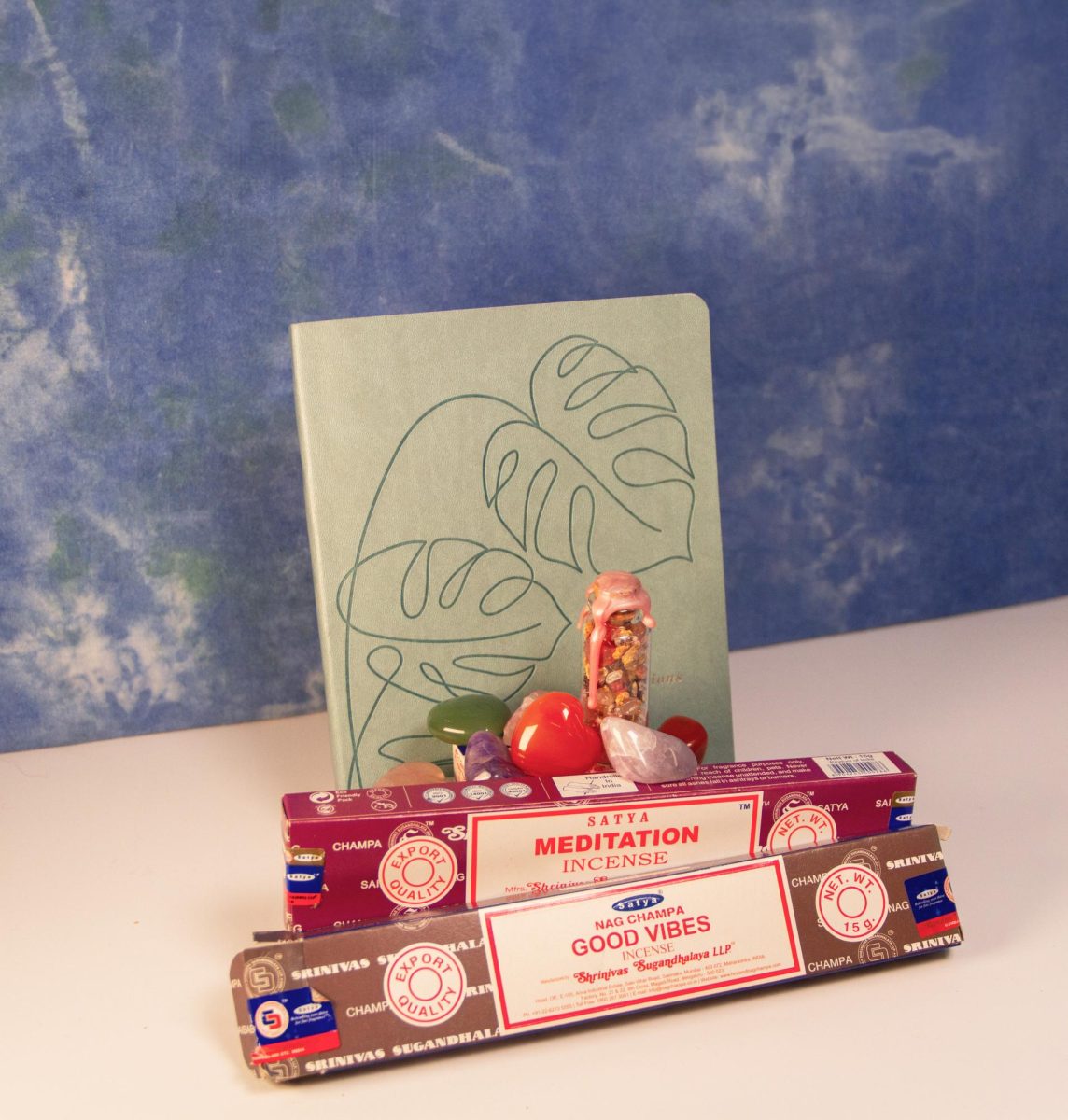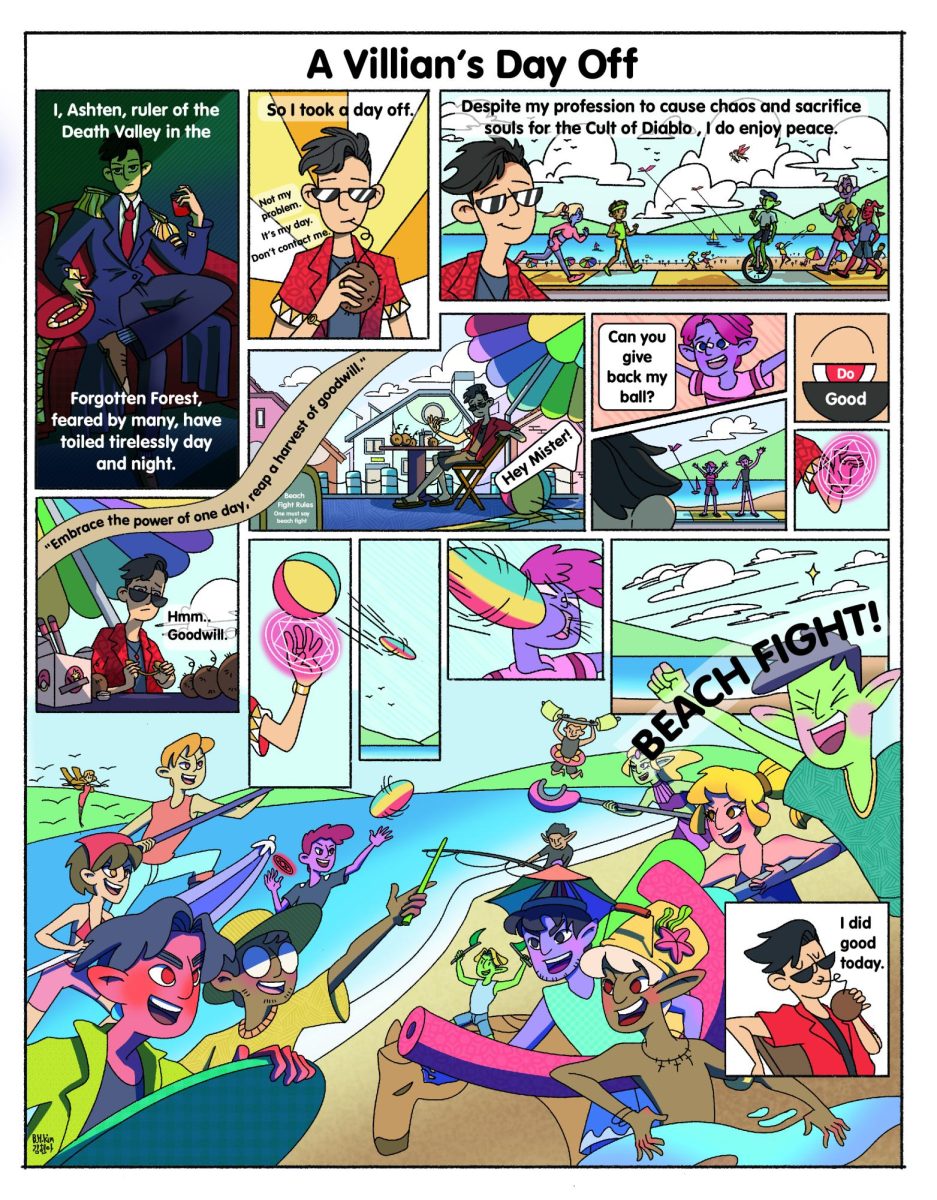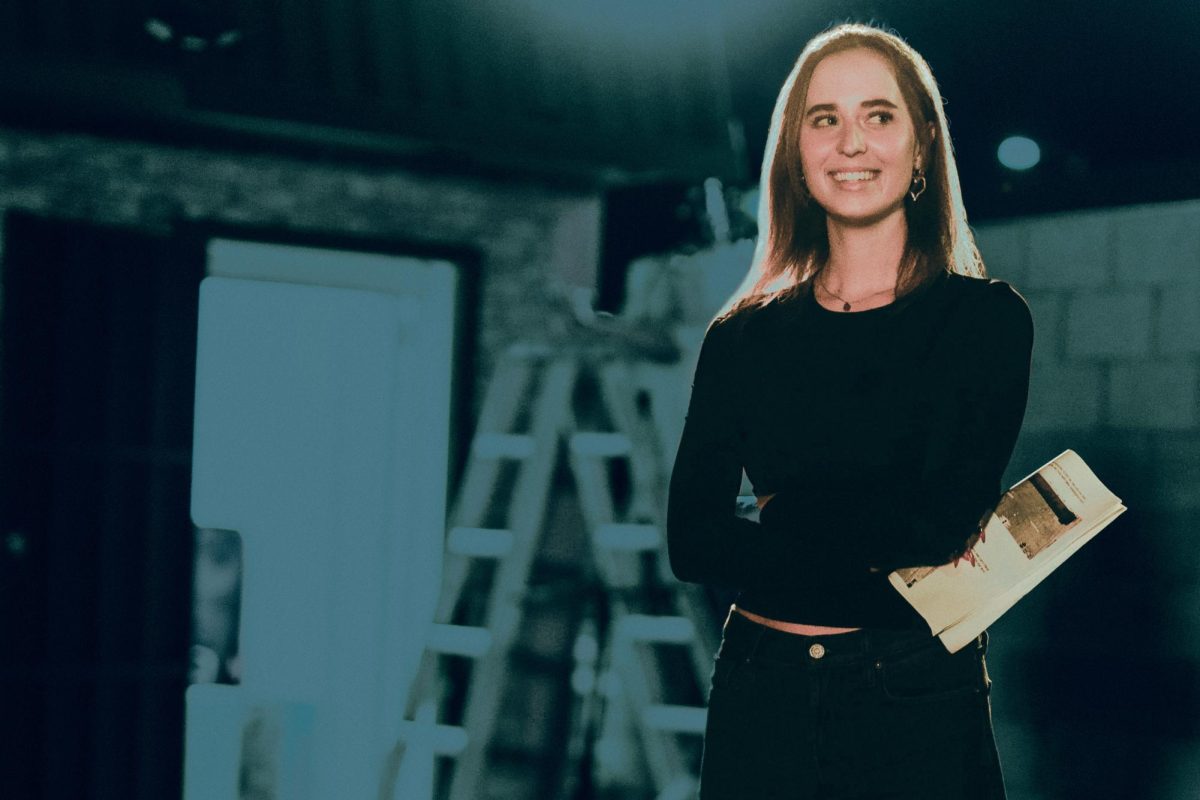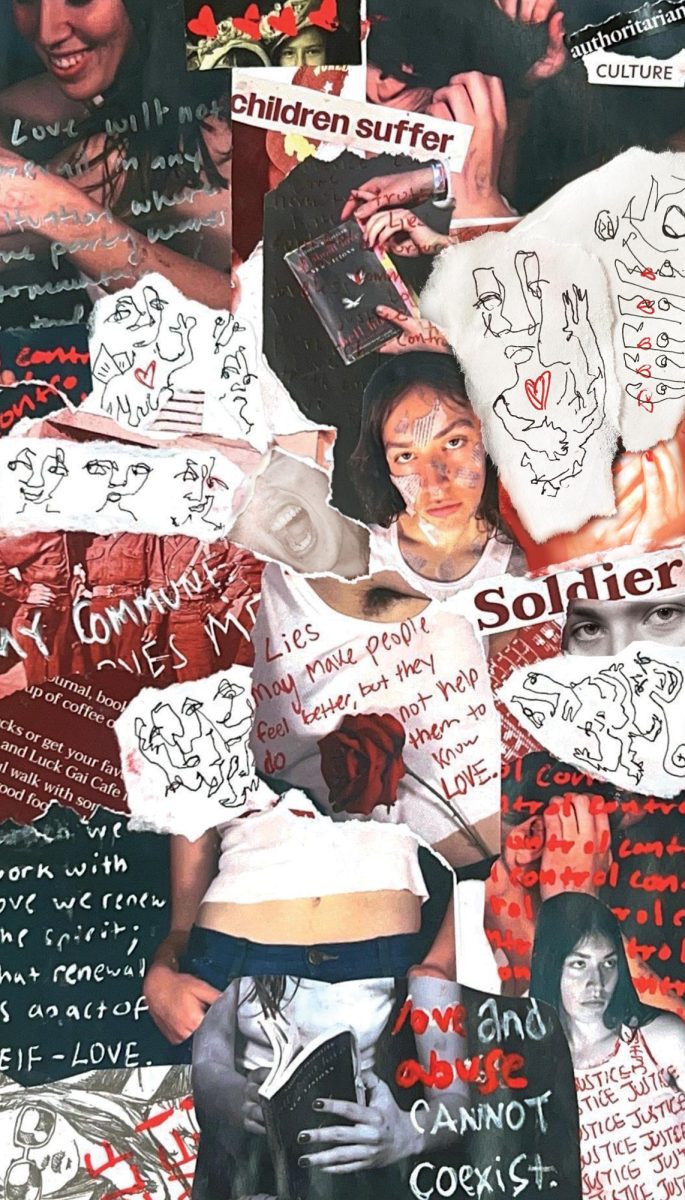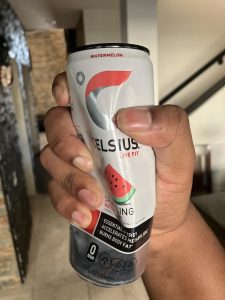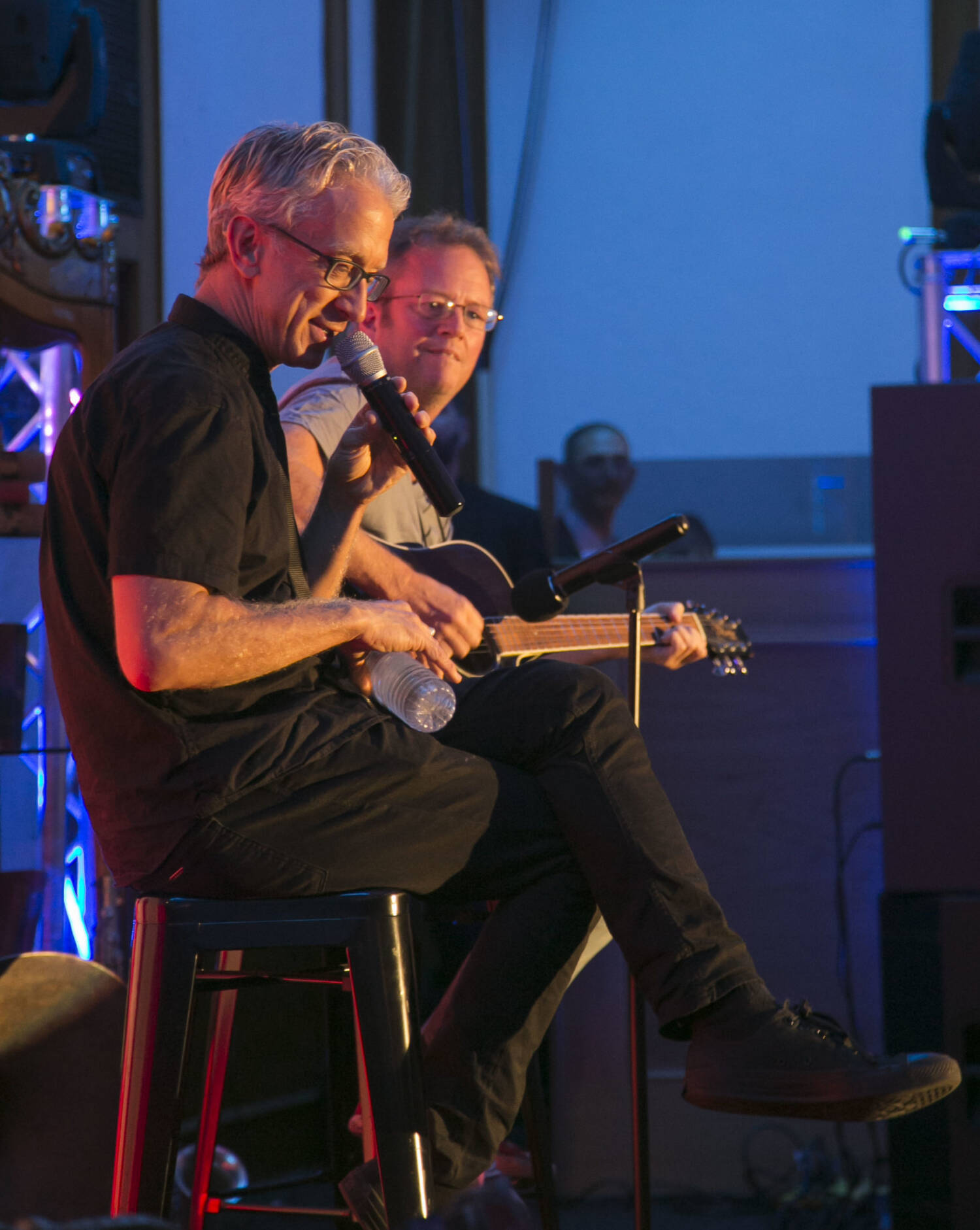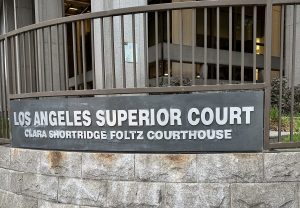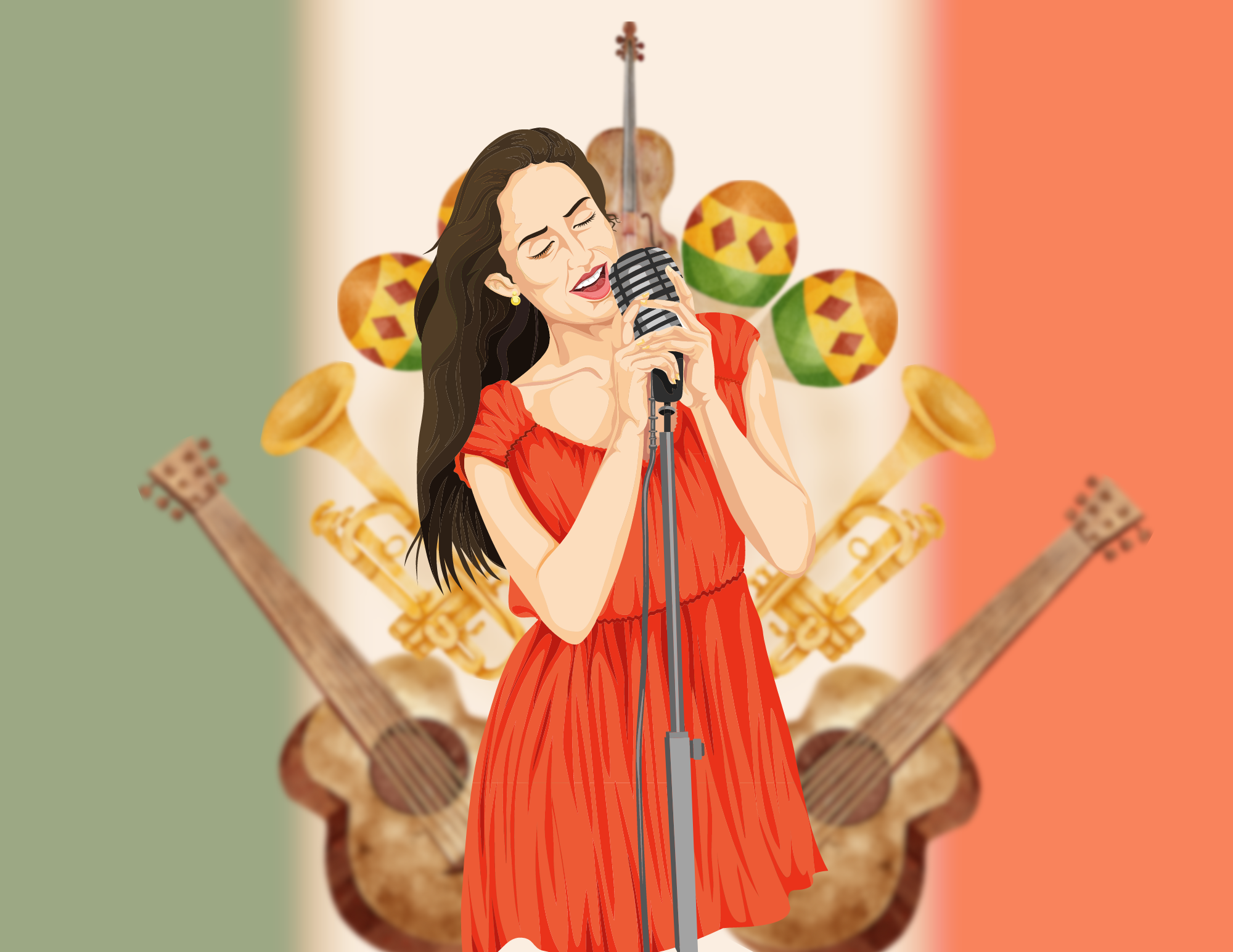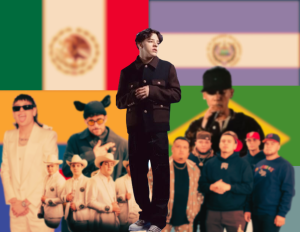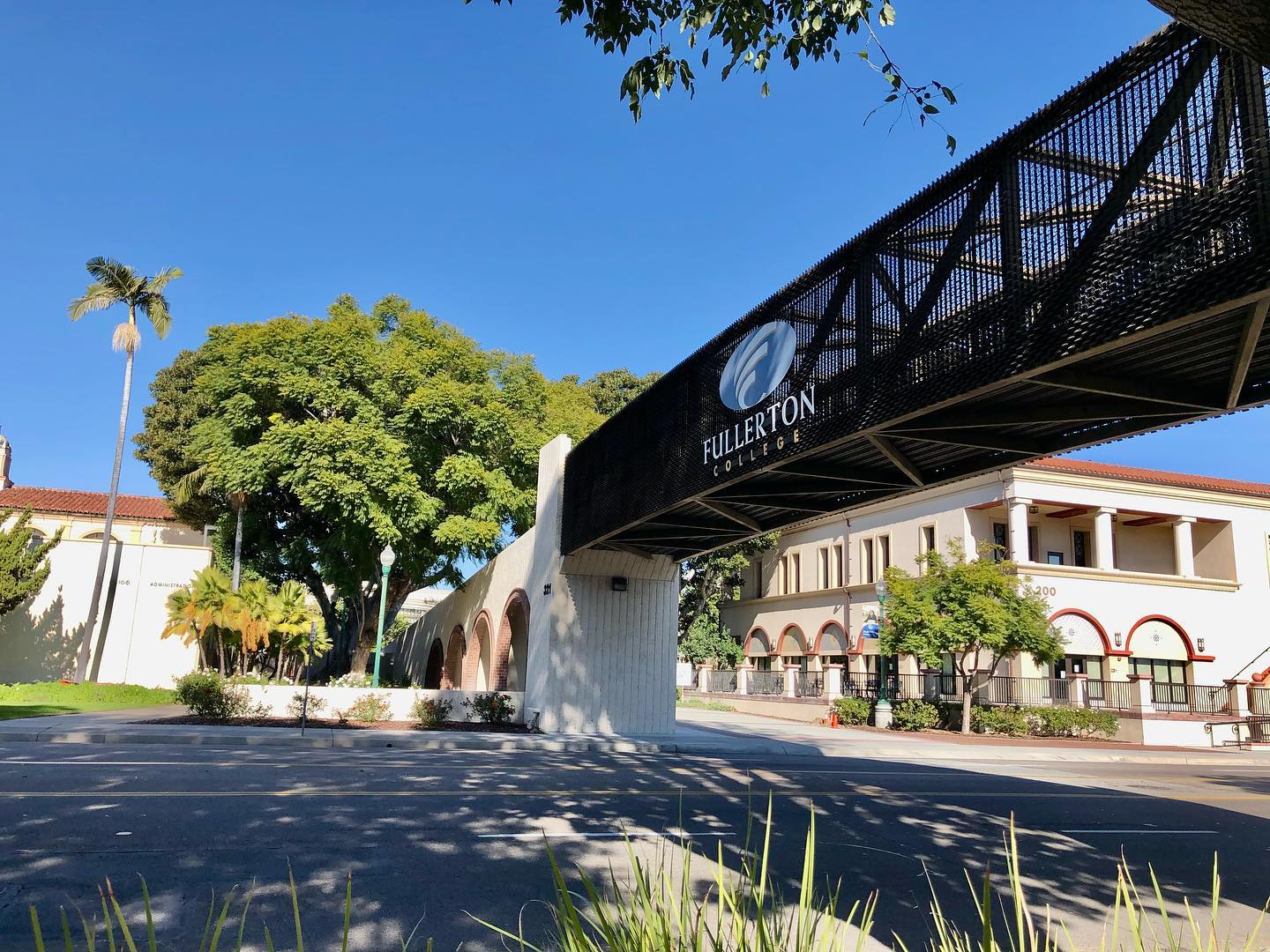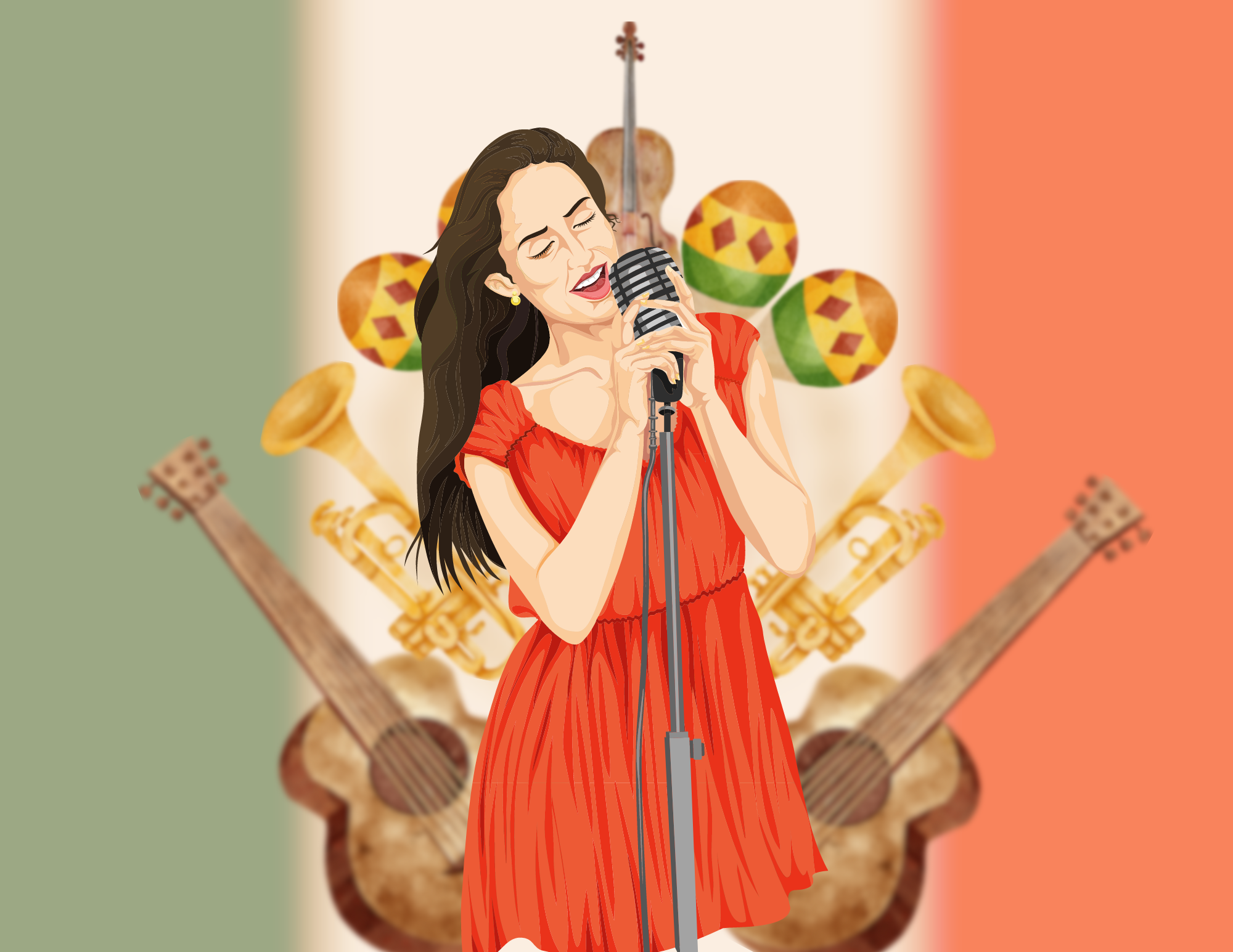It was a Wednesday like any other.
Fullerton College student Bara Yousef donned his headset and started up his computer to get in a bit of League of Legends before leaving for school. Nothing was out of the ordinary, that is until Yousef switched tabs to Facebook and saw the faces of his three family members, Deah Shaddy Barakat, 23, Yusor Mohammad Abu-Salha, 21, and Razan Mohammad Abu-Salha, 19, plastered all over his newsfeed.
His cousins made headlines, but not because of their academic feats or philanthropic projects they were involved in. They were in the news because they were shot and killed in their town of Chapel Hill, North Carolina.
“The moment I found out it was a big surprise I felt more than sadness because I didn’t know at the time,” Yousef said.
The three university students were gunned down at their apartment in what family members call an “execution style” killing. The manner in which these people were killed as well as anti-theist and gun-related posts on shooter Craig Steven Hicks’ Facebook page had people classifying this as an Islamophobic hate crime.
Yousef hoped that his cousins’ deaths would break the stereotype that Islam and terrorism go hand in hand.
“Mainly when you see a girl with a hijab or a Muslim guy, the first thing that pops into [people’s] heads is 9/11, the terrorist attacks,” Yousef said. “Now the tables have turned where three Muslims get killed, it’s not fun to see the reactions of people but it’s finally time to make them realize that we’re not the terrorists; it’s just some person from our religion did that one thing and now it represents us forever.”
Yousef, like many others across the nation, demanded justice for his family members’ murders, but not in the radical way that others want.
“I’d just say put him in jail because it’s the only thing that we can do,” Yousef said. “If I demand anything else as a Muslim person, it’ll be seen as an act of terrorism.”
The gravity of this event resonated throughout the Chapel Hill community and across the nation with Muslim and non-Muslim people alike showing solidarity and grieving the loss of these three students.
“From the outside, it looks like everyone gets along very well [in America], at least until five or six years ago when I came here and I saw all these differences,” said Hassaan Mustafa, business major.
Though he was not directly related to the victims, this event struck a very personal chord with Mustafa.
“The reason this event was so moving for me is because I come from a Muslim family first of all and this happened to a Muslim family,” Mustafa said. “Secondly, I lost my father at the end of last year and having experienced a very personal loss and then seeing this family go through this unimaginable tragedy, it was very saddening to me.”
Mustafa and others who join the victims’ families in grieving acknowledged that these three students had bright futures ahead of them. Barakat, for example, planned to go on a mission trip with his wife Y.M. Abu-Salha and other dentists to provide Syrian refugees with emergency dental care and teach them proper oral hygiene. R.M. Abu-Salha was studying architecture and was described by Barakat’s sister Suzanne Barakat as “very creative.”
“This happened to three amazing people,” Mustafa said. “I don’t know how to say this in any other way but these victims were not normal people; they were extraordinary people who were young, smart, talented and they were giving back to their communities so much at such young ages.”
Steps toward justice have been taken with Hicks indicted on three counts of murder and one count of discharging a firearm into an occupied residence on February 17.
While the family reaches closure, those who are raising awareness about this event hope that these three deaths were not in vain and people will be made aware of the Islamophobia within American society.
“We have become riled to the point where we justify certain hatreds while trying to promote anti-bullying and anti-oppression within our society,” said Giana Cicchelli, sociology instructor . “To really take notice within ourselves who, in our minds, do we identify as ‘the other’ and justifiable of killing.”
Cicchelli teaches a course on social problems and plans to cite this event as an example of terrorism to her class.
According to Cicchelli, different sociologists would view this event in different ways. For example, those who subscribe to the conflict perspective would view this event as a struggle between those with privilege and those without. Subscribers to the symbolic-interactionist perspective look for meaning in the two parties’ interaction. However, it seems that these perspectives have an overarching theme: an “us versus them” mentality.
“Our society has a fear of the ‘other’ and the ‘other’ changes constantly,” Cicchelli said. “The ‘other’ is usually the one who society has justified we are allowed to hate.”
For Cicchelli, the word “Islamophobia,” used to describe this and other acts of violence with Muslim victims, does not accurately describe what is actually occurring.
“Islamophobia makes it sounds like they’re just afraid of Muslims but really Islamophobia is a type of ‘-ism’ like racism and it makes you feel like you’re better than the other people and they are all bad,” Cicchelli said.
Outside of Fullerton College, universities across America united to show their solidarity for these fellow college students. There were candle-lit vigils held on campuses across the nation, as well as a scholarship created to honor them.
One of these vigils was organized by Cal MSA, the Muslim Student Association at UC Berkeley, where Fullerton College alumnus Bushra Malik took photos and paid her respects.
Malik asserted that the college student population specifically should take a more active role in raising awareness about this tragedy.
“As a critically thinking adult in college, it is everyone’s obligation to just make sure they’re really thinking critically about what they see, what they hear, what they read, and make sure they can go back and humanize the victims and identify the stereotypes,” Malik said. “They should reach out and try to clarify any misconceptions or misunderstandings they have about any kind of community.”
She also believed that the Chapel Hill murders and other anti-Islamic acts have an impact and gravity that should be remembered in history.
“Fifty years from now, this is going to be in the textbooks just like the Japanese are referred to in our textbooks now and how the Jews were treated in Nazi Germany. I feel like this is going to be a similar point in history but people just need to realize it,” Malik said. “I would just urge them to stand on the right side of history, talk to people, think critically which is what college, Fullerton College especially being one of the best community colleges in the area, that’s what you’re supposed to do.”



